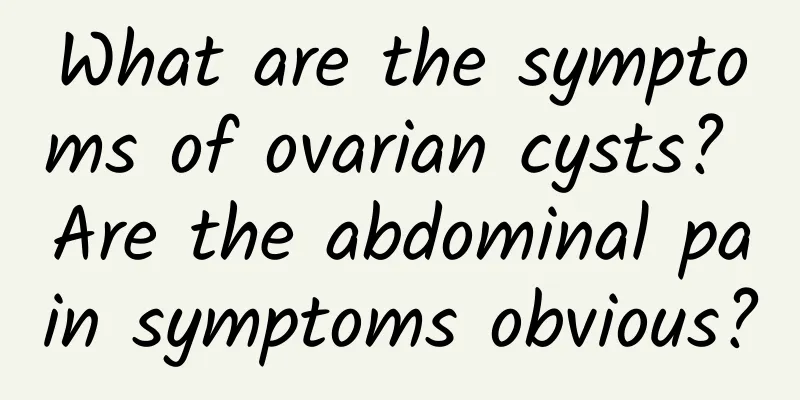What to eat for adenomyosis

|
Adenomyosis is a common disease in women, which can easily cause dysmenorrhea and irregular menstruation. What should I eat for adenomyosis? What to eat for adenomyosis: Achyranthes bidentata wine. Patients can use Achyranthes bidentata and wine as raw materials. Seal and soak, and take warm according to strength. Functional blood-breaking and eliminating symptoms. Mainly used to treat abdominal symptoms, such as pain caused by acupuncture. Peach kernel porridge. Patients can choose to eat some peach kernels and polished rice. You can mash the peach kernels into a paste, remove the residue and take the juice to cook the polished rice into porridge, twice a day, eat hot on an empty stomach. This method is suitable for symptoms caused by blood stasis. In the folk prescriptions for the treatment of adenomyosis, it is also necessary to pay attention to the fact that patients should eat a light diet and avoid eating mutton, shrimp, crab and other hair. Patients should eat more lean meat, chicken, eggs, cabbage, spinach, cucumber, winter melon, seaweed, fruits and other vegetables and fruit foods. What can’t you eat if you have adenomyosis? 1. Don’t eat spicy food: Patients with adenomyosis should also avoid spicy, warm, and irritating foods, otherwise it will aggravate pelvic congestion and inflammation, or cause excessive contraction of the uterine muscles, aggravating dysmenorrhea. 2. Don’t be greedy for coolness: This is not only for patients with adenomyosis, but also for women with poor gastrointestinal function. Before and during menstruation, you should avoid eating raw and cold foods, such as pears, persimmons, watermelons, mung beans, etc., to avoid condensation of blood stasis and aggravation of dysmenorrhea. 3. Avoid overnutrition: Simply thinking that supplementing the body's nutrition by eating longan, red dates, donkey-hide gelatin and other heat, blood coagulation, and hormone-containing ingredients is actually very detrimental to the physical recovery of female patients. 4. Don’t eat sour food: It should be emphasized here that acidic foods have astringent and astringent effects, which make the blood stagnant and not conducive to the smooth flow and discharge of menstrual blood. Patients with dysmenorrhea should try to avoid eating such foods during menstruation. |
<<: How does pelvic effusion go away?
>>: What are the symptoms of pelvic inflammatory disease?
Recommend
Is it easy to get pregnant with pelvic effusion and cervical erosion?
Pelvic effusion and cervical erosion may affect p...
Experts briefly analyze the factors that lead to ectopic pregnancy
There are many clinical factors for ectopic pregn...
Pay attention to several key points after ectopic pregnancy surgery
Once an ectopic pregnancy occurs during pregnancy...
Methods of TCM Syndrome Differentiation for Treating Amenorrhea
Amenorrhea brings a lot of pain to patients and s...
Which department should I go to for irregular menstruation
Menstrual irregularity refers to irregular or abn...
Cure rate of habitual abortion
With the accelerated pace of life and the increas...
Gynecology What medicine is used to wash small uterine fibroids? What medicine is used to treat small uterine fibroids?
What medicine should be used to wash gynecologica...
Do women with chronic cervicitis need surgery? 3 effective treatments for chronic cervicitis are recommended
There are many treatments for chronic cervicitis....
What acupoints should be massaged to treat uterine fibroids? Massage techniques to treat uterine fibroids
What acupoints should be massaged to treat uterin...
What are the symptoms of recurrence of cervical erosion? 6 symptoms indicate that cervical erosion has recurred
In life, although cervical erosion is familiar to...
Patients with adnexitis can be divided into two categories according to acute and chronic
Patients with adnexitis can be divided into two c...
How much does it cost to cure uterine effusion?
The prevalence of uterine effusion has been incre...
Symptoms of uterine fibroids Prevention measures of uterine fibroids
What are the symptoms of uterine fibroids? Uterin...
What causes adnexitis?
Adnexitis is mainly caused by bacterial infection...
Can I eat bean sprouts after endometrial polyp surgery?
Can I eat bean sprouts after endometrial polyp su...









